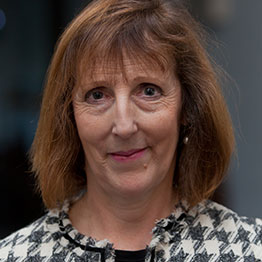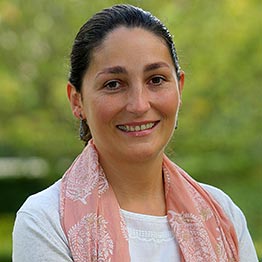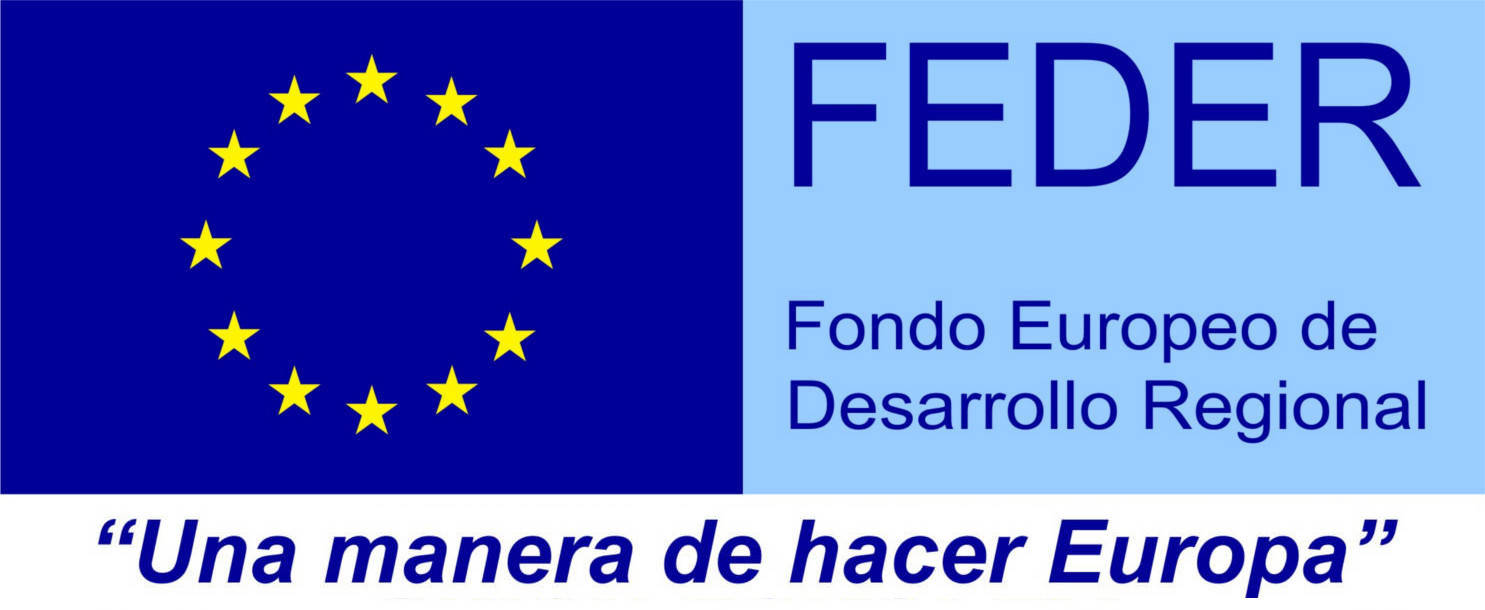Demos
presentation
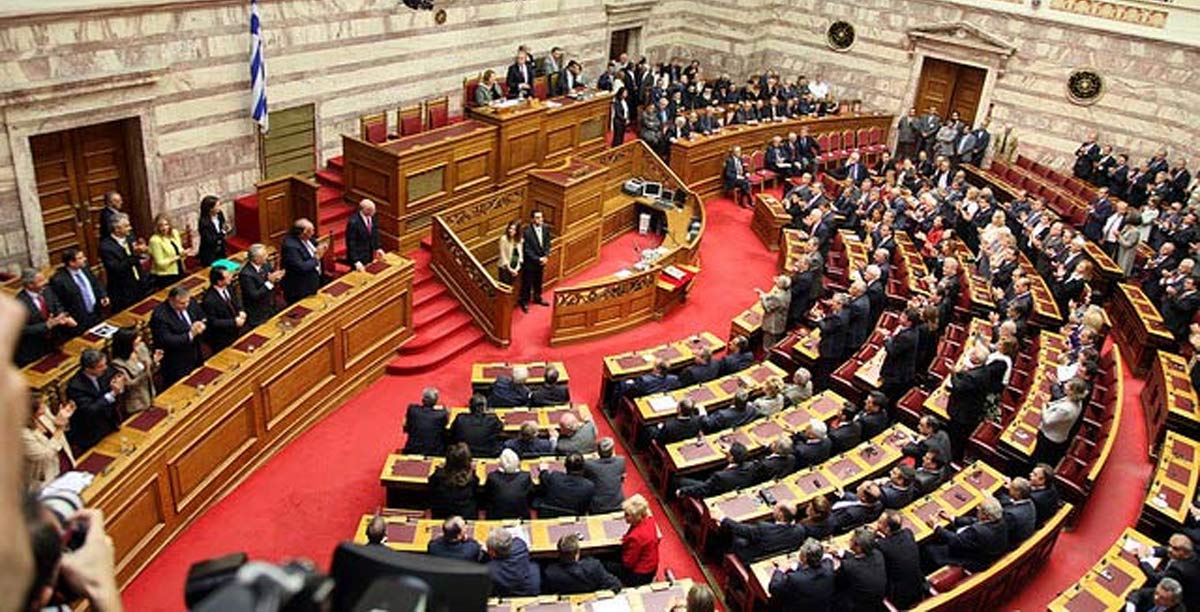
PROJECT COMPLETED (2016-2018)
The project"The demos in the imaginary of the new politics: the discussionon the popular will at Public discoursein Europe" aims to explore how the people (demos) is conceptualised in the discourses of the new political parties in Europe: how do these new movements articulate the will of citizens in a Europe in crisis?
The project is developed in the Institute for Culture and Society of the University of Navarra and it involves, in addition to researchers from this University, researchers from the Universities of Warwick and Duisburg-Essen. It is funded by the Ministry of Economics and Competitiveness (FFI2015-65252-R), within the State Program of research and development+I oriented to the challenges of society.
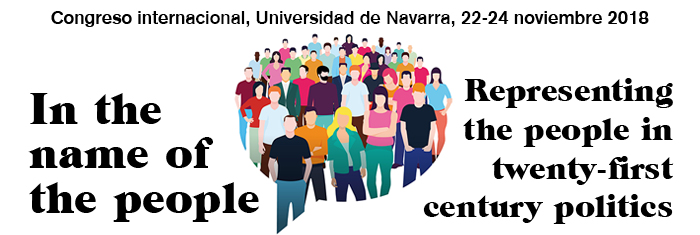
In today's world, marked by the effects of globalisation, the economic crisis and corruption in public office, there has been a growing distrust of conventional politics, as well as a distancing between citizens and their representatives. This has led to the emergence in Europe of new political formations of a more or less radical nature. These groups are very diverse: although their characteristics sometimes allow them to be associated with classic left-wing, right-wing and/or nationalist parties, they also offer new proposals and discourses that are difficult to classify in traditional terms.
The proposals of these new political actors, who claim to embody the will of the demos ("the will of the people"), seem to be a reaction to some aspects core topic of neoliberal governments in areas such as Economics, European integration, migration or social security. Their discourses try to legitimize the claims of the right and/or left, appealing to the will of the citizenry, and are characterized by the protagonism they grant, as opposed to the supposedly hegemonic groups, to aspects of identity, which are also intensified with a high Degree of emotionality. However, perhaps because it is a very recent phenomenon and the changing political situation calls for quick and flexible responses, the discourses of these formations have received little critical attention from linguists.
In each country or region the concept of demos is articulated differently and gives rise to a "map" of terms whose meaning conditions the interpretation of these discourses that question neoliberal policies; therefore, based on various corpus of materials related to these new political groups in different countries, the goal of this project can be summarized along two main lines:
- identify the different ways of understanding and (re)articulating the concept of demos;
- mapping the terms related to this concept and their respective articulations with other concepts in a selection of European countries.
